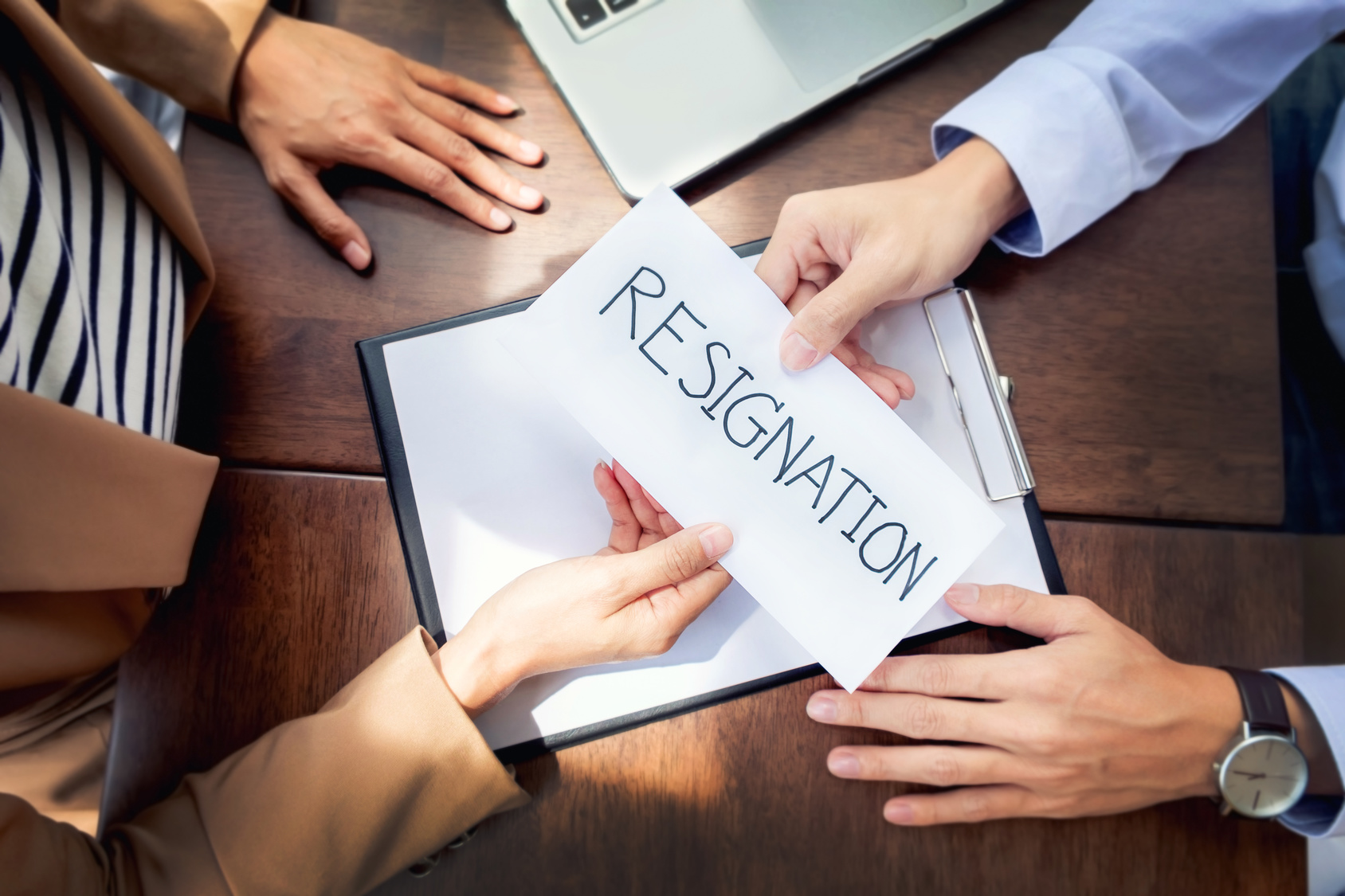As 2017 wraps up, we’ve witnessed a wealth of women come forward about sexual harassment in the workplace. It all started with Harvey Weinstein and, now, among the latest offenders is Louis CK.
But the problem of sexual harassment in the workplace is not just confined to Hollywood. For one, Mark Halperin was just recently ousted over “inappropriate conduct” with female employees, and companies across the country are grappling with how to prevent and penalize. Likewise, they’re coping with the nuances of handling accusations, which has become a national debate in and of itself.
In fact, many businesses are no longer even entertaining the thought of a holiday party this year — or they’re taking measures to prepare. In the wake of the #MeToo campaign, some are nervous that inviting male and female coworkers to socialize with alcohol could be a recipe for an HR disaster. Employees, too, have heightened anxiety surrounding sexual harassment, and some would rather not put themselves in harm’s way.
Owen Cunningham, a 37-year-old director at San Francisco’s KBM-Hogue design firm, told The New York Times, “Cancel the holiday party,” at least until it’s been figured out how men and women should interact. Because somehow, not all of us have figured out that you can’t masturbate in front of women (lookin’ at you, Louis) when you feel like asserting your authority.
But Cunningham also says that a lot of men who like to think they do treat women as equals in the workplace are starting to reconsider their every action, fearful that they’ll be accused next for overt or subtle oversteps. “What flirting is O.K.? Was I ever taking advantage of any meager power I had? You start to wonder,” he says.
“I don’t think I’ve done anything wrong,” Nick Matthews, 42, who works at PwC, told The New York Times. “But has anything I’ve done been interpreted another way?”
Of course, not everyone is practicing avoidance in the same way. Rather than avoiding interaction, some companies are instead avoiding factors that could exacerbate sexual harassment issues like alcohol.
“I do not own a large company — I have around 30 to 40 employees maximum in the office,” says Jason Perkins, founder and CEO of San Diego SEO Firm. “To minimize the possibility of arguments, molestation and other problems around the office, I do not allow my employees to drink while it is a company outing. Even if it is outside the office. It’s because, as the boss, I will still be liable for any accidents that may happen outside of the company. It’s because I care about my employees and do not want them to get hurt.”
Cristian Rennella, CEO and cofounder of MejorTrato, says that his company of 134 employees also eliminates alcohol. In fact, rather than throwing a party for the holidays, they go on a team-building trip.
“I am aware that many are worried and nervous about having male and female coworkers socializing with alcohol,” he says. “That is why we say that alcohol will not be drunk.”
That said, Rennella says his employees will have days of outdoor activities to entertain them instead, all of which will be supervised by three coaches and mentors.
“We are working on a very special gift for this holiday,” he explains. “The idea is that we can do mountain activities as a team to create a union between each of us to help us to begin a new year with [good] energy. In 2017, we grew 204 percent in revenue and we are all very tired. We trust that a holiday paid by the company will be the best gift of all.”
Other companies say they’re simply planning parties that welcome employees’ families and children, in the hopes that doing so could reduce the chances of anyone acting inappropriately and, particularly, sexually harassing colleagues.
“We are currently planning our company Christmas party and everyone seems to be excited about it — since we are a small company, our parties tend to be simple and more intimate,” says Joanna Douglas, owner of Clean Affinity. “I would normally encourage my employees to bring their families over to the office. Most of my workers have kids, so we would come up with some games for the kids and games for the adults where they can win incentives and small prizes.”
Additionally, many companies who used to hold their holiday parties on Thursday or Friday evenings are reportedly moving them to late Monday or Tuesday afternoons for similar reasons.
“We are going to have a really great turkey lunch and not do something at night,” John Crossman, president of Crossman & Company says.
Whether companies are planning to host holiday parties with employees’ families in lieu of alcohol — or to host a party, period — the real question is this: what are they doing year-round to prevent and penalize sexual harassment? Because this fresh sensitivity toward harassment should definitely not go the way of Auld Lang Syne.
This article was previously published on www.fairygodboss.com





